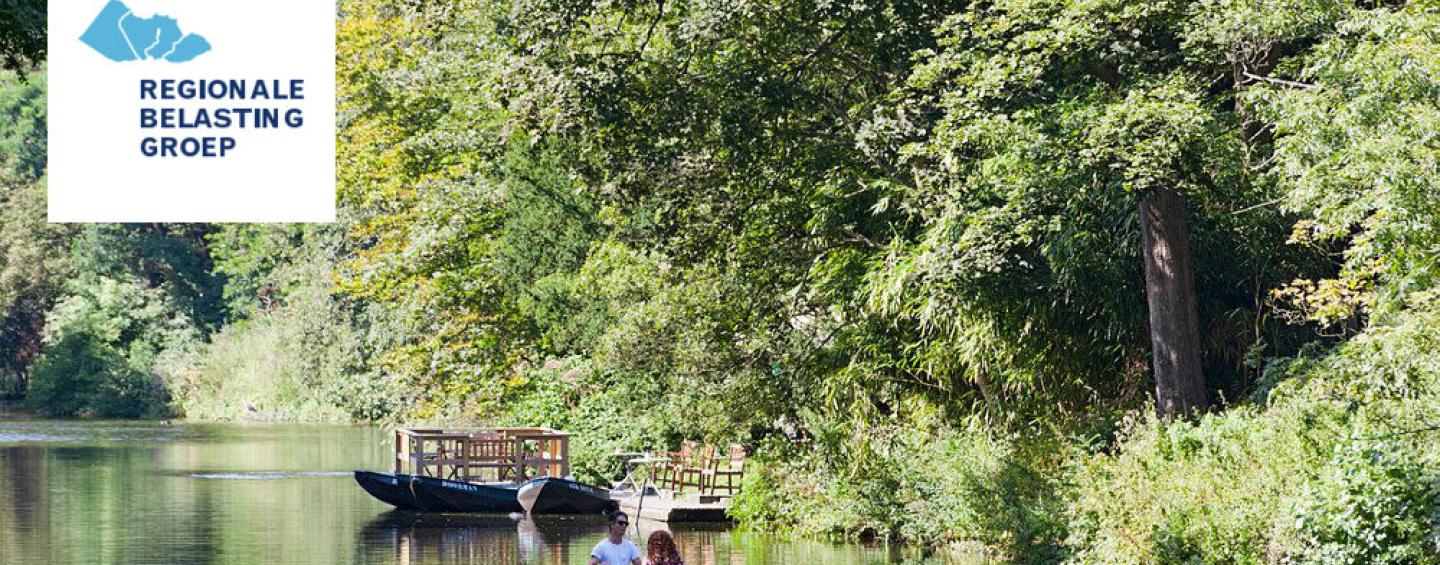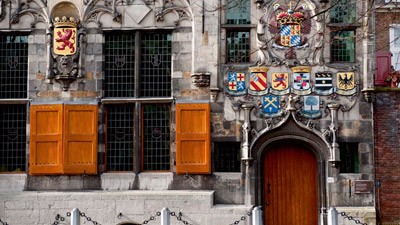
Water Authority tax
Nearly a third of the Netherlands lies below sea level. It’s exactly that reason why people refer to the Netherlands as “the Land of Water”. There’s a saying “God created the earth, but the Dutch created the Netherlands”. And as that may sound silly, it could very much be true. We need to protect ourselves against water; on a daily basis. A total of 21 Dutch Water Boards work to manage water barriers, waterways, water levels, dikes, water quality and sewage.
Delfland Water Authority
The Delfland Water Authority takes care of the maintenance of dikes and dams, water level control and water quality control for The Hague, Delft and Midden-Delfland.
The tasks of water boards remained basically unchanged since their first formation. They are in fact the oldest democratic institution in the Netherlands. In many Dutch towns you can visit historic buildings that used to house the water boards, including their very own coat of arms! You can still visit the house Delfland Water Authority used in 1645 in Delft. So, do not just pay your tax assessment, but visit Delft and make the most out of it.

Why did you receive a tax assessment of the RBG?
The implementation of the main tasks of the Water Authority is financed through taxes. And that is exactly why you have received this tax assessment from the ‘Regionale Belasting Groep’ (RBG).
Regionale Belasting Groep
The RBG is responsible for collecting taxes on behalf of the Delfland Water Authority. Depending on your situation, the tax assessment includes two or three payments:
- Watersysteemheffing eigenaren (if you are the owner of the property)
- Watersysteemheffing ingezetenen (if you are the user of a residence)
- Zuiveringsheffing (one unit of pollution for a single person household and three units of pollution for a multiperson household)
(Partial) tax exemption
Privileged status holders are eligible for a partial exemption. Exemption from the water system charge for occupants ('watersysteemheffing ingezetenen') is granted. This exemption does not apply if you have the Dutch nationality or you are considered to be a permanent resident of the Netherlands. When in doubt, be sure to contact the RBG about partial tax exemption, as this could also depend on your diplomatic status. You can contact the RBG on +31 88 291 10 00.
Exemption is not available for wastewater treatment charge ('zuiveringsheffing'), as this is a charge for a specific service like water treatment, water pollution, waste disposal, waste collection and sewage.
On the website of the RBG you can find lots of information about paying the tax assessment. If you want to pay your assessment online, you’ll need to enter your DigiD information to log in.
Did the RBG make a mistake?
The RBG receives its information directly from municipalities and the Land Registry. Be sure to always report changes in your living situation to your municipality. The RBG published a webpage with an FAQ about submitting an objection, in case of an incorrect tax assessment. Be sure to lodge your objection with the RBG within six weeks of the date of the assessment. Please note: you’ll need your DigiD to object the tax assessment.
Elections of the Water Board
Municipal taxes
Do not confuse the Water Authority tax with municipal taxes. In February, you will receive a tax assessment from your municipality as well.